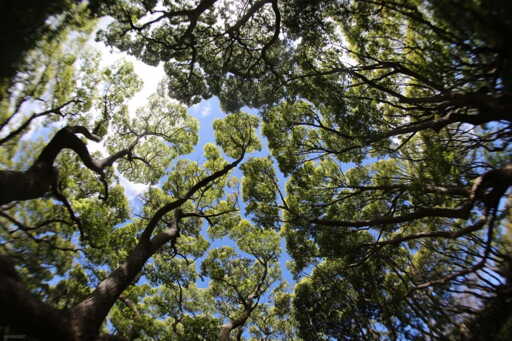For many parts of Africa, 2025 has been marked by extreme climate events. Between the deadly floods that struck the Democratic Republic of Congo and Somalia, and the severe drought that gripped Chad, countries across the continent are being hit hard by the effects of climate change. Many have also suffered the consequences of a major political shift: the return to power of Donald Trump in the United States, followed by a significant decrease in funding for health programs and efforts to adapt to climate change. Oil has once again found favor with the world’s leading economic power, which Trump has, for the second time in as many terms, pulled out from the Paris Agreement — under which countries committed to reducing greenhouse gas emissions that drive climate change, in part by embracing renewable energy sources. Then on Nov. 10, the COP30 U.N. climate summit opened in Belém, Brazil. Among the many delegates from Africa attending the gathering in the Amazon is Mohamed Adow, the founder and director of Power Shift Africa. This Kenya-based think tank was established in 2018 to mobilize climate action across Africa and promote climate and energy policies that aim for zero-carbon economies. Adow is also a member of the consortium Allied for Climate Transformation by 2025 (ACT2025), which brings together experts and leaders from climate-vulnerable countries, working to drive greater climate ambition on the international stage. Adow spoke with Mongabay about his expectations from the summit from the perspective of the energy transition, and in…This article was originally published on Mongabay
From Conservation news via this RSS feed


